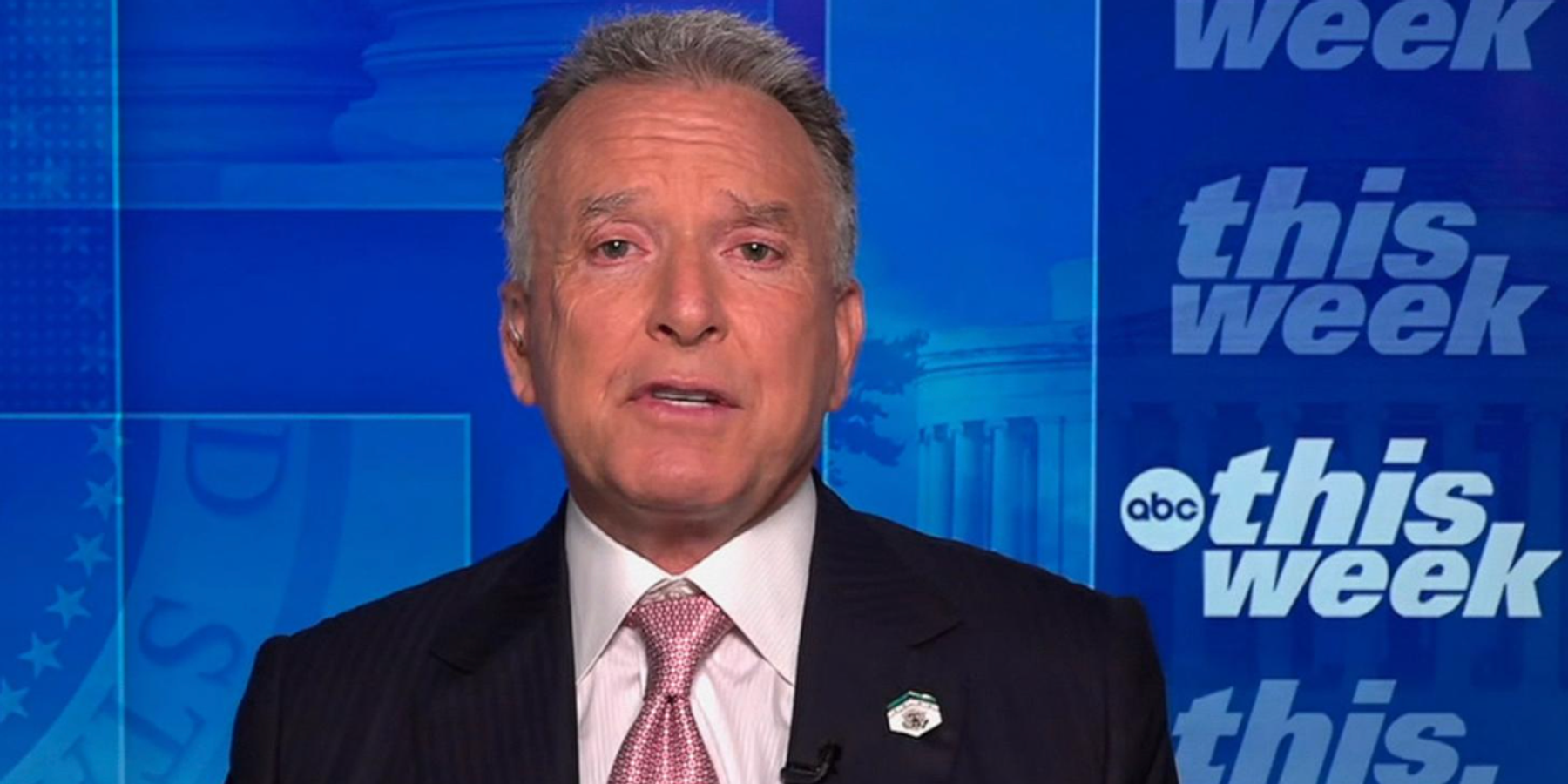Steve Witkoff, Donald Trump’s hard-charging envoy, is doubling down on “zero enrichment” as the red line in nuclear talks with Iran — a rigid stance that risks sabotaging diplomacy altogether.
“We have one very, very clear red line, and that is enrichment. We cannot allow even 1% of an enrichment capability,” Witkoff tells ABC’s “This Week.”
“Everything begins… with a deal that does not include enrichment… because enrichment enables weaponization, and we will not allow a bomb to get here,” he addsed.
As I recently argued in The American Conservative, this demand has, for 25 years, proven both futile and counterproductive. It gives Iran more time to advance its nuclear program while stalling the realistic, verification-based deals that could actually constrain it. Unless Trump reverts to his original red line — weaponization — this rare chance to stop both an Iranian bomb and a war could slip away.
Witkoff’s maximalist posture may be a bargaining tactic, but airing it publicly risks poisoning the atmosphere. As soon as Iran starts reciprocating, optimism could curdle into confrontation, slamming shut Trump’s narrow window for diplomacy.
Even if tensions don’t boil over immediately, this strategy still squanders critical time. With the UN snapback deadline looming, delays are dangerous. Secretary Marco Rubio may believe triggering snapback boosts pressure, but in reality, it could produce a volatile and uncertain situation.
China and Russia will challenge the snapback’s legitimacy, severely blunting its power. Rallying Global South nations to reimpose unilateral sanctions — already far tougher than in 2011 — will likely fall flat. Western diplomats admit this privately, yet still argue that snapback must proceed for appearances, not impact.
Trump will soon realize the limits of this approach and likely pivot — belatedly — toward negotiating an extension of the deadline. But that shift will drag the U.S. into a far messier arena: no longer a comparatively simple U.S.-Iran exchange, but a complex, time-consuming negotiation involving Russia, China, Germany, France, and the UK.
Witkoff may hope his hardline stance forces Tehran to bend on another demand: a full pause on uranium enrichment — at all levels — through the end of Trump’s presidency as a temporary trust-building gesture.
But this is a shaky gamble for two key reasons: Iran is highly unlikely to agree, and even if it does, the payoff is questionable.
Tehran has never accepted a total halt to enrichment—not even temporarily. They know restarting it would carry steep political costs, even if Iran has lived up to all of its obligations. This would amount to them giving up their main leverage in return for a promise of a reward down the road. Not only are they starting with zero trust in the US, they also saw what happened to Hamas in the past few months.
Hamas entered a three-phase deal on Gaza, surrendering most of their leverage in Phase I, despite knowing Israel’s main concession wouldn’t come until Phase III. Predictably, Netanyahu torpedoed the deal after Phase I, reignited the war, and paid no price from the U.S. Iran watched that unfold — and took notes.
Moreover, according to Drop Site News, last week’s release of American hostage Edan Alexander reportedly came in exchange for a U.S. promise to pressure Netanyahu for a ceasefire. Once again, key leverage was surrendered upfront, banking on future reciprocity. But Trump isn’t pressuring Israel — indeed, Netanyahu just launched a major ground offensive in Gaza.
Expecting Iran to relinquish its main leverage in exchange for vague U.S. promises assumes a level of Iranian trust in the U.S. that simply hasn’t existed in over four decades. Even the offer of primary sanctions relief — while significant — doesn’t sufficiently shift that reality.
More critically, even if Iran agrees to a temporary halt in enrichment, its value is dubious — unless the goal is to trap Tehran into never restarting. Otherwise, it’s just a fleeting pause with little political payoff. Washington’s foreign policy elite will likely shrug, and the broader American public — disillusioned with endless wars and Beltway games — cares far more about avoiding conflict and boosting jobs than symbolic nuclear gestures.
Indeed, the Iranians understand that the value of a halt is mainly to trap them into a perpetual state of no-enrichment, which is precisely why they are unlikely to agree to it.
The bottom line is that the zero enrichment goal was John Bolton and Mike Pompeo's objective precisely because they knew it would lead to war. That remains true today.
Trump promised the American people no new wars in the Middle East. He needs a better strategy if he wishes to deliver on that promise.

















